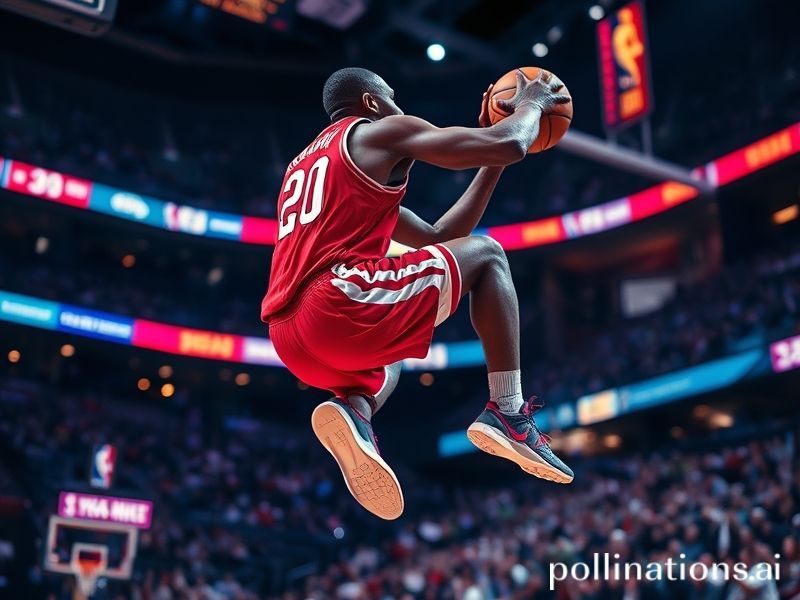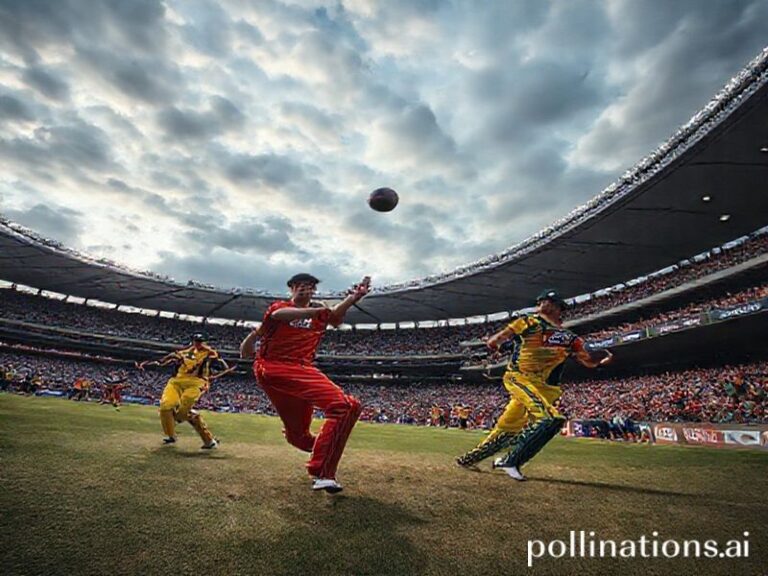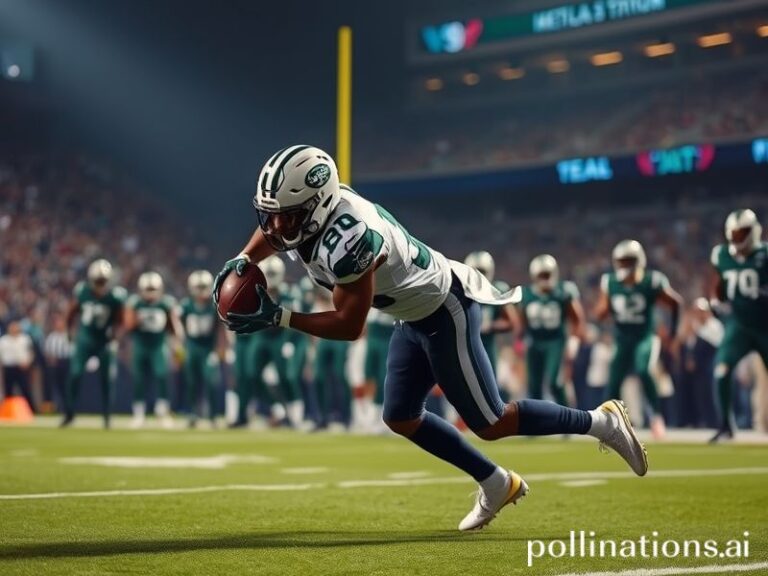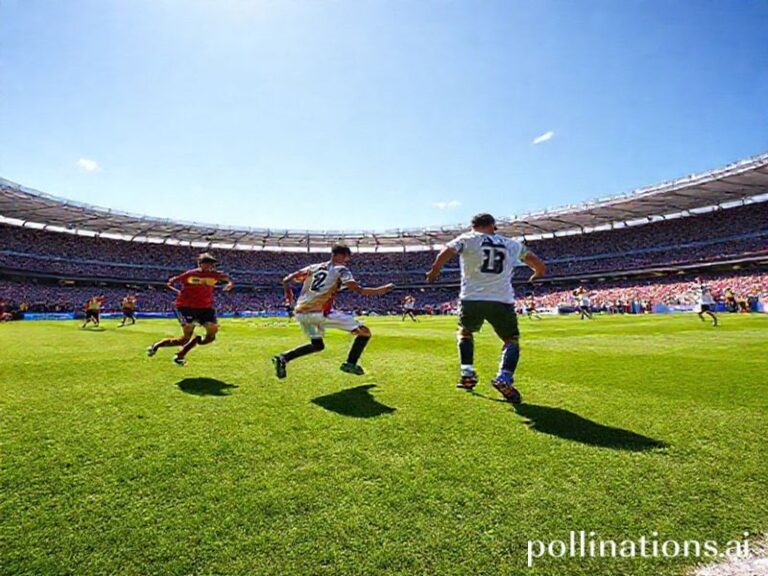Russell Westbrook: The Global Metaphor for Our Statistical Age’s Existential Crisis
**The Russell Westbrook Paradox: How One Man’s Triple-Doubles Became a Global Metaphor for Our Collective Delusion**
In the grand theater of professional sports, where millionaires chase leather spheres for the entertainment of billions, Russell Westbrook stands as perhaps our most perfect contradiction—a walking, talking embodiment of late-capitalist absurdity wrapped in a 6’3″ package of athletic fury.
From Shanghai to São Paulo, basketball enthusiasts watch Westbrook’s nightly performances with the same morbid fascination typically reserved for slow-motion train wrecks or cryptocurrency crashes. Here is a man who has achieved the statistically impossible—averaging a triple-double across multiple seasons—while simultaneously becoming basketball’s most polarizing figure since the invention of the three-point line. It’s rather like watching a virtuoso violinist perform masterfully at a funeral: technically brilliant, contextually questionable.
The international significance of Westbrook’s career arc extends far beyond hardwood floors and squeaking sneakers. In an era where data has become our new religion, Westbrook serves as a prophet of quantitative meaninglessness—a living testament to the gap between what we can measure and what actually matters. European football fans recognize this phenomenon from their own encounters with statistically productive but tactically disastrous players. Asian basketball leagues, desperate to replicate NBA success, have watched the Westbrook experiment with the same horror-struck fascination typically reserved for American election cycles.
What makes Westbrook particularly fascinating to the global audience is how perfectly he mirrors our contemporary condition: maximum effort, questionable efficiency, undeniable passion, and increasingly isolated results. He’s the basketball equivalent of a nation’s foreign policy—lots of activity, impressive raw numbers, but leaving observers wondering about the actual utility of it all. One imagines diplomats in Geneva using Westbrook’s career as a case study in how not to measure success.
The former MVP’s recent journeyman status—playing for his fourth team in as many years—speaks to something universally human: the moment when raw talent and determination cease to compensate for an inability to adapt to changing circumstances. From Buenos Aires to Berlin, working professionals nod knowingly at this narrative arc. We’ve all witnessed colleagues whose aggressive competence somehow becomes counterproductive, whose lunch-pail work ethic somehow makes everything more difficult for everyone else.
Westbrook’s relationship with the media has become a masterclass in performative authenticity—a concept that resonates globally in an age of Instagram politicians and TikTok revolutionaries. His post-game interviews, delivered with the enthusiasm of someone reading terms and conditions, have become must-watch content for students of modern communication. It’s a linguistic approach that says everything while revealing nothing, rather like a central banker’s press conference or a tech CEO’s congressional testimony.
Perhaps most poignantly, Westbrook represents the global working professional’s ultimate nightmare: becoming too expensive to keep but too accomplished to dismiss. As he bounces between teams like a pinball with a max contract, international audiences recognize the universal fear of obsolescence despite competence. The man who once seemed destined to spend his entire career with the Oklahoma City Thunder now changes jerseys with the frequency of a European football manager changing tactics.
As Westbrook enters the twilight of his career, averaging numbers that would make historical greats blush while hearing his name mentioned in trade rumors, he becomes something greater than an athlete: a metaphor for our quantitative age, where production and value have become estranged bedfellows. In Dubai boardrooms and Mumbai call centers, professionals see their own reflection in his paradox—how doing more can somehow mean achieving less.
The tragedy, of course, is that Westbrook’s greatest sin appears to be taking all of this too seriously in an age that demands ironic detachment. In a world where even our sports heroes must be brands first and competitors second, his earnest rage against the dying of the light seems almost quaint—like someone still believing in democracy or privacy or any of those other 20th-century relics.
In the end, perhaps that’s Westbrook’s true international significance: reminding us that passion without adaptation leads to the same destination as competence without context—impressive obsolescence in an unimpressed world.







